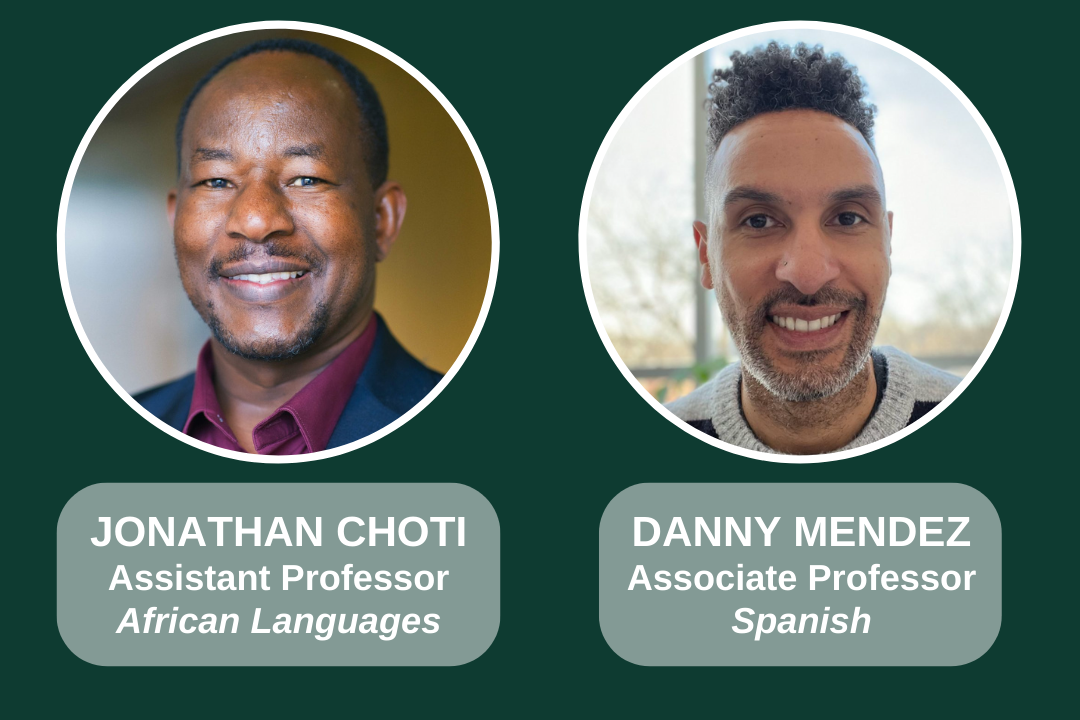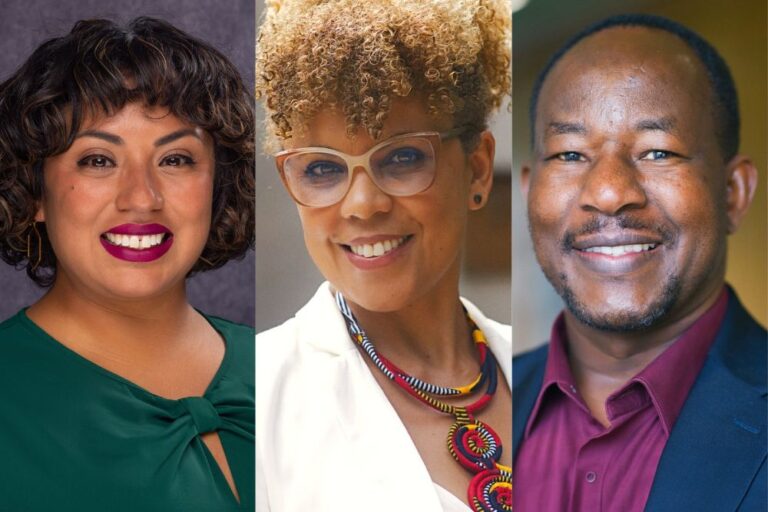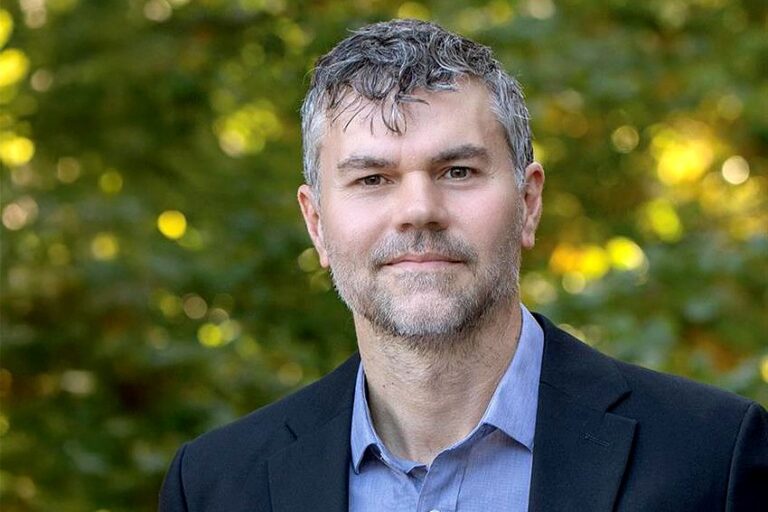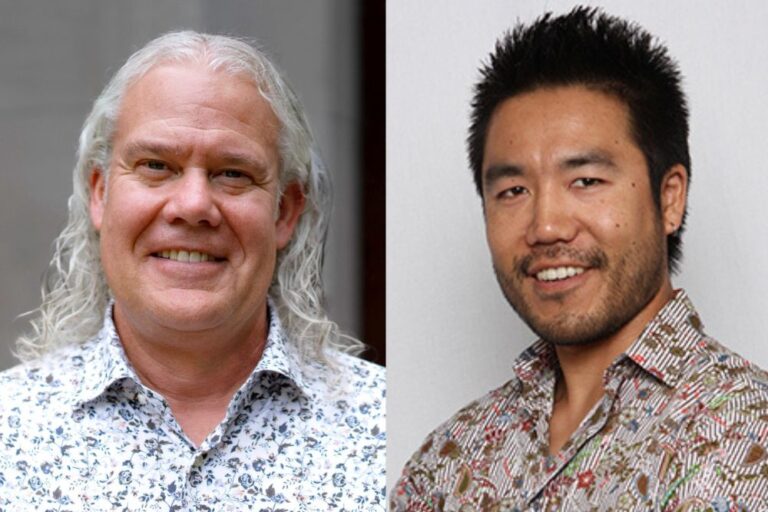Dr. Jonathan Choti and Dr. Danny Mendez have received the 2022-2023 College of Arts & Letters Engaged Pedagogy and Programming Fund Grant to support their joint project in spring 2023. Dr. Choti is Assistant Professor of African Languages and Cultures in the Department of Linguistics, Languages, and Cultures (LiLaC) while Dr. Mendez is Associate Professor of Romance and Classical Studies (RCS). Their project, “Race, Class, Gender, and Sexuality in Africa: the History and Current Status of LGBTQ+ in Kenya”, received the $5,000.00 grant from CAL’s Inclusive Practices Committee (CIPC). LiLaC, RCS, and MSU’s African Studies Center provided additional funds.

Purpose of Project
The purpose of the project is to invite two guest speakers from Kenya whose teaching and scholarship focus on the intersection of ethnicity, gender, class, disability, and sexuality. The Kenyan scholars are Dr. Mumbi Machera and Dr. Babere Chacha. Dr. Machera is a faculty member in the Department of Sociology at the University of Nairobi while Dr. Chacha is faculty in the Department of Public Affairs and Environmental Studies at Laikipia University. Their teaching and research emphasize the ways in which inequality based on gender, race, sexual orientation, ethnicity, disability, class, and other forms of discrimination intersect to create unique dynamics and effects in African societies. Dr. Choti and Dr. Mendez pursue similar themes in their research and teaching. Dr. Choti’s research interests and teaching include the intersectionality of gender, sexuality, ethnicity, class, locality, and age in shaping lived experiences in Africa. Dr. Mendez’s work focuses on gender and sexuality in Dominican and Dominican-American literature; race, ethnicity, and narrative national constructions in Latin America and Caribbean literatures; cultural, trauma, diaspora, and gender in contemporary Caribbean women narratives. The grantees and their partners will co-create knowledge on intersectionality and inclusion in research, as well as curriculum design and delivery as experienced in different cultural contexts and academic disciplines.
Relevant Courses and CAL’s Inclusive Practices Committee
Dr. Choti is a 2022-23 Inclusive Pedagogy Fellow (IPF) in the Inclusive Pedagogy Initiative Fellows Program that is a subcommittee of the College of Arts and Letters’ Inclusive Practices Committee. One objective of the IPF Program is to establish a connected network of cross-disciplinary instructors who are skilled at developing, delivering, and assessing intersectional and inclusive course content and pedagogy. Dr. Choti will use the IPF opportunity to revise his courses and entrench inclusive and intersectional dimensions. The courses are AL 210-Democratic Discourse and Critique: Gender Inequality and Democratic Debate in Africa, IAH 211A-Area Studies and Multicultural Civilizations: Africa, and UGS 200H-Gender Diversity and Sexuality in Africa. UGS 200H is a Research Seminar for the Honors College. Dr. Machera’s (2004) book chapter titled Opening a Can of Worms: A Debate on Female Sexuality in the Lecture Theatre is one of the required readings in this new course. The project activities will also benefit Dr. Mendez’s courses, especially SPN 875 – Gender, Race and Sexuality in the Popular Culture of the Insular Hispanic Caribbean and its Diasporas, GSAH 230/FA12 – Sex and Sexuality in the Popular Culture of the Hispanic Caribbean and Its Diaspora, and 491- Race, Sexual Identity and Gender in Contemporary Latin American Literature. Drs. Machera and Chacha will share their knowledge, experiences, approaches, and ideas in implementing intersectionality and inclusion in curriculum design and pedagogical practices. They will also interact with Dr. Choti’s students who will be completing projects on gender and sexuality in Africa in spring 2023. A symposium on these topics will also be held on campus.
Project Outcomes
Choti and Mendez hope that these events will foster international collaboration and allow the continuation of the sharing of knowledge. This will in turn influence future internal and cross regional collaborations that could help shape the future of the study of these topics at MSU.


